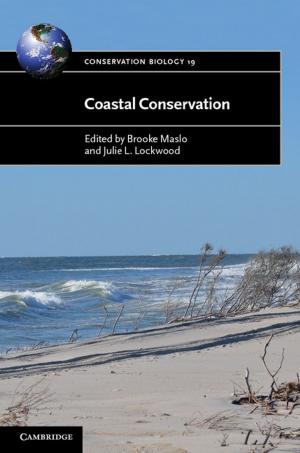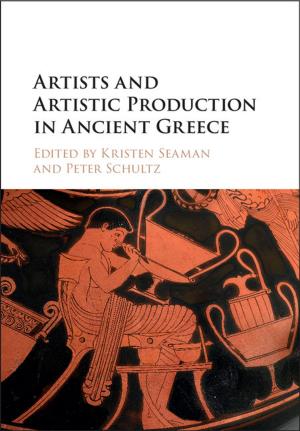Environmental Practice and Early American Literature
Fiction & Literature, Literary Theory & Criticism, American, Poetry| Author: | Michael Ziser | ISBN: | 9781107241107 |
| Publisher: | Cambridge University Press | Publication: | July 29, 2013 |
| Imprint: | Cambridge University Press | Language: | English |
| Author: | Michael Ziser |
| ISBN: | 9781107241107 |
| Publisher: | Cambridge University Press |
| Publication: | July 29, 2013 |
| Imprint: | Cambridge University Press |
| Language: | English |
This original and provocative study tells the story of American literary history from the perspective of its environmental context. Weaving together close readings of early American texts with ecological histories of tobacco, potatoes, apples and honey bees, Michael Ziser presents a method for literary criticism that explodes the conceptual distinction between the civilized and natural world. Beginning with the English exploration of Virginia in the sixteenth century, Ziser argues that the settlement of the 'New World' - and the cultivation and exploitation of its bounty - dramatically altered how writers used language to describe the phenomena they encountered on the frontier. Examining the work of Harriot, Grainger, Cooper, Thoreau and others, Ziser reveals how these authors, whether consciously or not, transcribed the vibrant ecology of North America, and the ways that the environment helped codify a uniquely American literary aesthetic of lasting importance.
This original and provocative study tells the story of American literary history from the perspective of its environmental context. Weaving together close readings of early American texts with ecological histories of tobacco, potatoes, apples and honey bees, Michael Ziser presents a method for literary criticism that explodes the conceptual distinction between the civilized and natural world. Beginning with the English exploration of Virginia in the sixteenth century, Ziser argues that the settlement of the 'New World' - and the cultivation and exploitation of its bounty - dramatically altered how writers used language to describe the phenomena they encountered on the frontier. Examining the work of Harriot, Grainger, Cooper, Thoreau and others, Ziser reveals how these authors, whether consciously or not, transcribed the vibrant ecology of North America, and the ways that the environment helped codify a uniquely American literary aesthetic of lasting importance.















